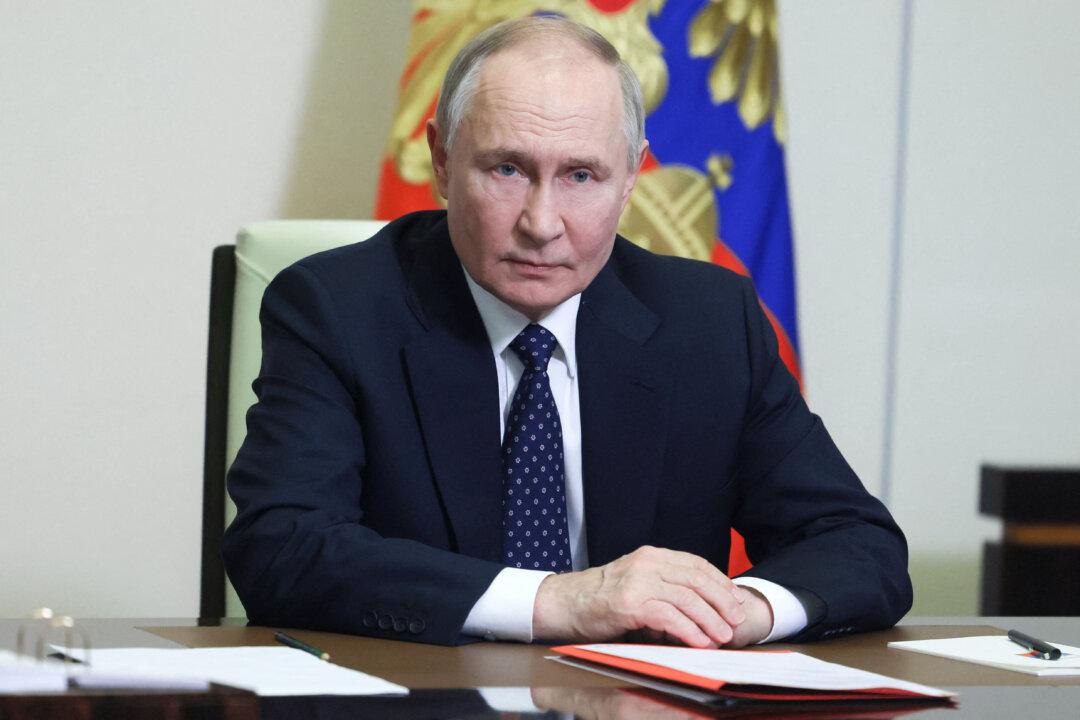Russian President Vladimir Putin on Saturday declared a unilateral Easter cease-fire in Ukraine, ordering Russian forces to halt combat operations from 6 p.m. Moscow time until midnight on Sunday, according to the Kremlin.
“Guided by humanitarian considerations, the Russian side is declaring an Easter truce,” Putin said during a meeting at the Kremlin with Chief of the General Staff Valery Gerasimov, according to a translated statement posted on the Kremlin’s official Telegram channel on April 19. He added that Russian troops must remain ready to repel any potential violations by Ukrainian forces.





